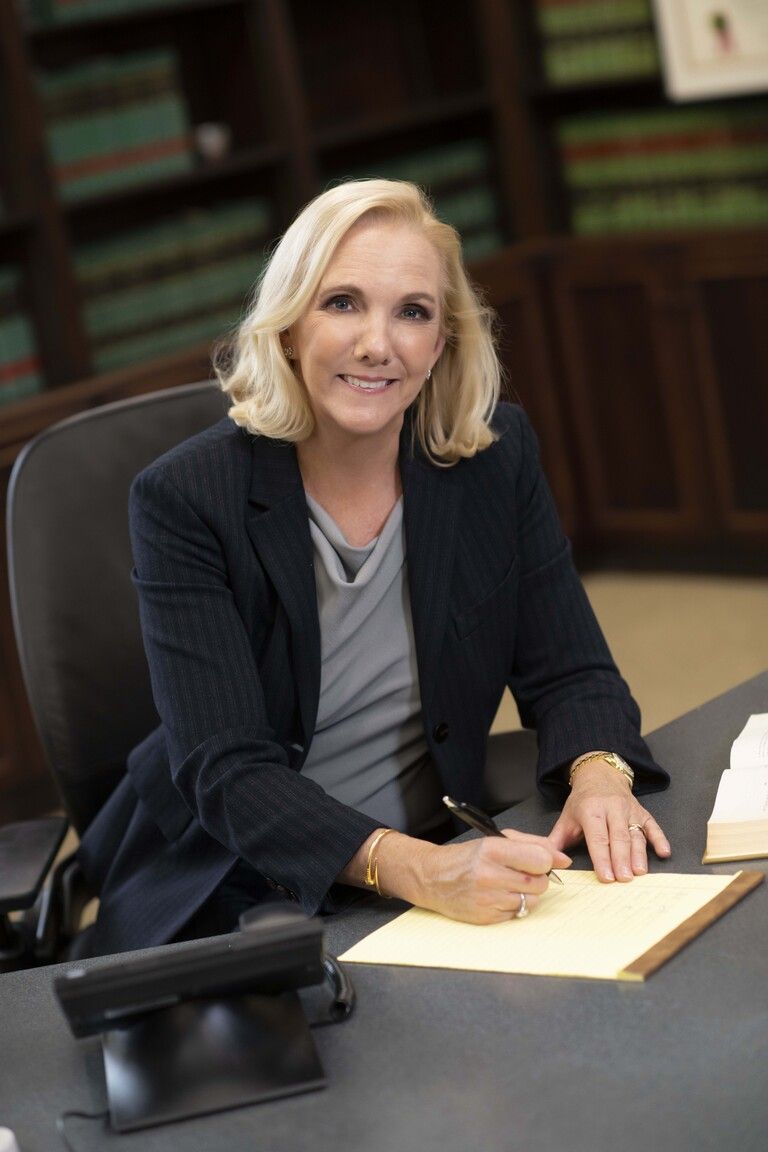June 28, 2021 — Juul Labs has agreed to pay North Carolina $40 million to settle the first lawsuit of thousands claiming the e-cigarette company’s advertising encouraged a significant increase in nicotine addiction among young people and caused a public health crisis. The settlement announced on June 28, 2021, permits the company to avert a jury trial later this summer while the Food and Drug Administration (FDA) decides whether Juul’s vaping and e-cigarette products can remain on the market. The money will be paid over six years and used to fund programs that will help people quit e-cigarettes, prevent e-cigarette addiction, and research vaping devices.
The settlement also requires Juul to sell its products from behind the counter in North Carolina stores and to use third-party age verification systems for online sales. Juul must send young “mystery shoppers” to 1,000 stores each year to determine if the stores are selling to minors. The company is also banned from using models younger than 35 in advertisements, with no advertisements allowed to be posted near schools.
Thirteen other states including California, New York, and Massachusetts have filed similar lawsuits, which leaves the number of cases against Juul surmounting to around 2,600. The central claim in each lawsuit is that the company was either aware of or should have been aware of its products being bought, resold, and consumed by underage teenagers in a concerningly high and increasing amount. In addition to the lawsuits, a group of 39 attorneys general from both Republican- and Democratic-led states have been investigating Juul’s advertising practices for over a year.
“For years, Juul targeted young people, including teens, with highly addictive e-cigarettes,” Josh Stein, the North Carolina attorney general, who sued Juul in May 2019, said in a statement announcing the settlement. “It lit the spark and fanned the flames of a vaping epidemic among our children — one that you can see in any high school in North Carolina.”
But the company was able to reach the settlement deal without admitting to the allegations, which was one of its main goals to avoid further trouble in other lawsuits or the FDA review.
In Juul’s statement, Joshua Raffel, a company spokesman, said: “This settlement is consistent with our ongoing effort to reset our company and its relationship with our stakeholders, as we continue to combat underage usage and advance the opportunity for harm reduction for adult smokers.”
Juul had fervently pursued a settlement in the North Carolina trial, which was set for July 12. If Juul did not reach a settlement, the company would have been in court battling the testimonies from parents and children while the FDA was deciding its fate, which must be done by early September.
Carl Tobias, a law professor at the University of Richmond, who teaches product liability, said the settlement bodes well for the other states suing Juul. “This opens a similar possibility to every state going forward,” he said. “North Carolina has been in the vanguard and deserves some credit. I think this has huge financial and other implications.”
Despite this, Tobias said was not surprised that Juul did not admit the allegations against it. “That almost always happens in these kinds of settlements — that’s a standard clause,” he said.
Because none of the other lawsuits against Juul have been scheduled to begin during 2021, the company has not started any other serious settlement talks. Juul is awaiting the FDA ruling before deciding what its next move is; if the FDA allows Juul products to remain on the market with the purpose of helping adult smokers quit, the company’s arguments will hold more weight. Though Juul will have more negotiating power, settling with multiple plaintiffs would be expensive and possibly an expense the company cannot afford. According to analysts, the private company has seen a dramatic decrease during the past year.
Marc Scheineson, a lawyer with Alston & Bird, whose practice includes small tobacco companies, called the $40 million in the North Carolina settlement “a relatively small sum to pay to avoid mounting legal fees and the plaintiff pile-on syndrome.” He also pointed out how most of the steps Juul agreed to take, such as not advertising near schools and behind-the-counter sales, are actions that it has already taken in hopes of gaining more public approval. Scheineson also said that e-cigarettes, “still have an important public health use by adults as a proven effective tool to quit smoking more harmful cigarettes.”
Matthew L. Myers, president of the Campaign for Tobacco-Free Kids, said that the North Carolina settlement was a positive step that holds Juul to the same accountability and enforces similar restrictions that already apply to other tobacco companies. “But,” he added, “these measures will not solve the youth e-cigarette crisis. Nothing short of F.D.A. action will reverse the youth e-cigarette epidemic.”
Reference: Kaplan, Sheila. “Juul to Pay $40 Million to Settle N.C. Vaping Case.” The New York Times, 28 June 2021, www.nytimes.com/2021/06/28/health/juul-vaping-settlement-north-carolina.html.

